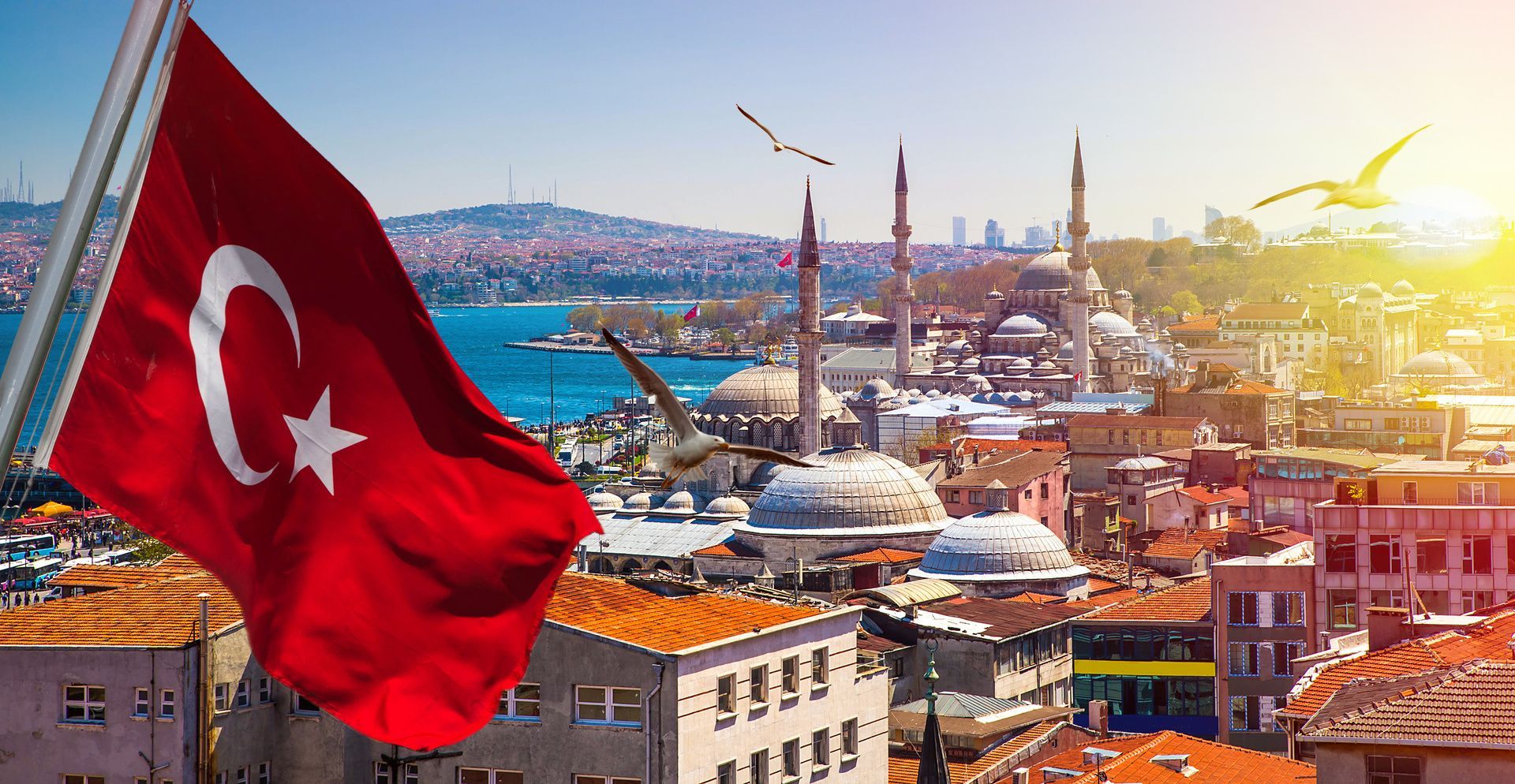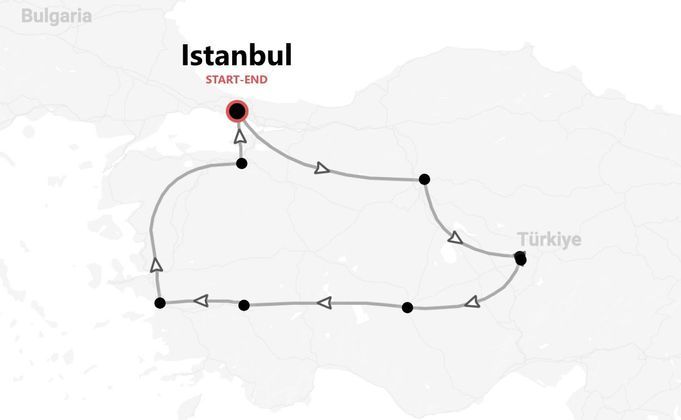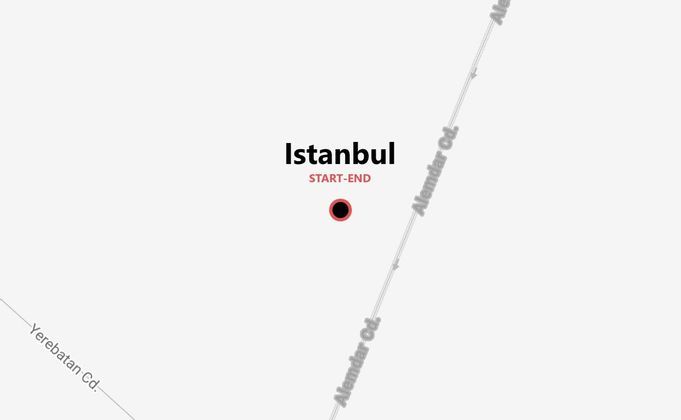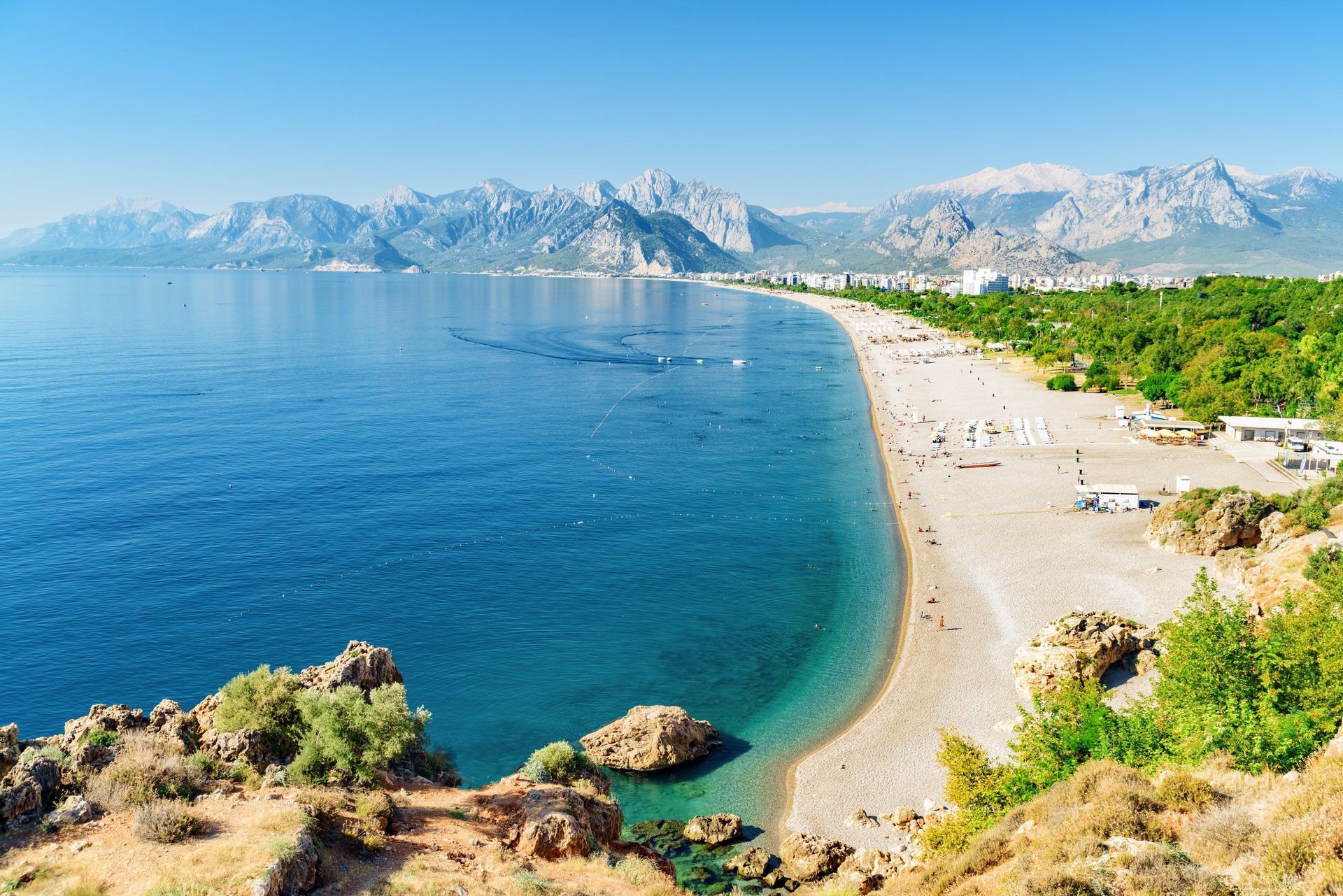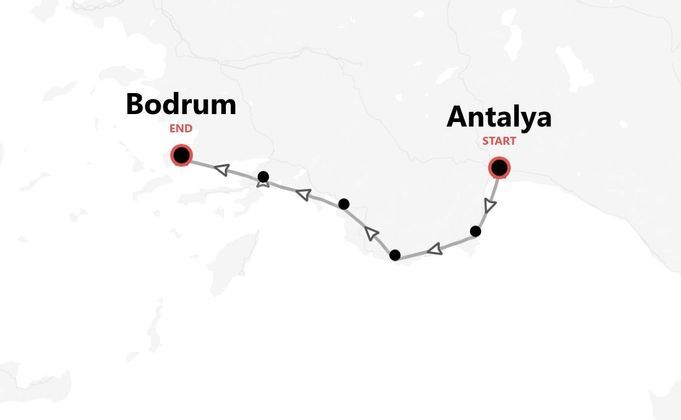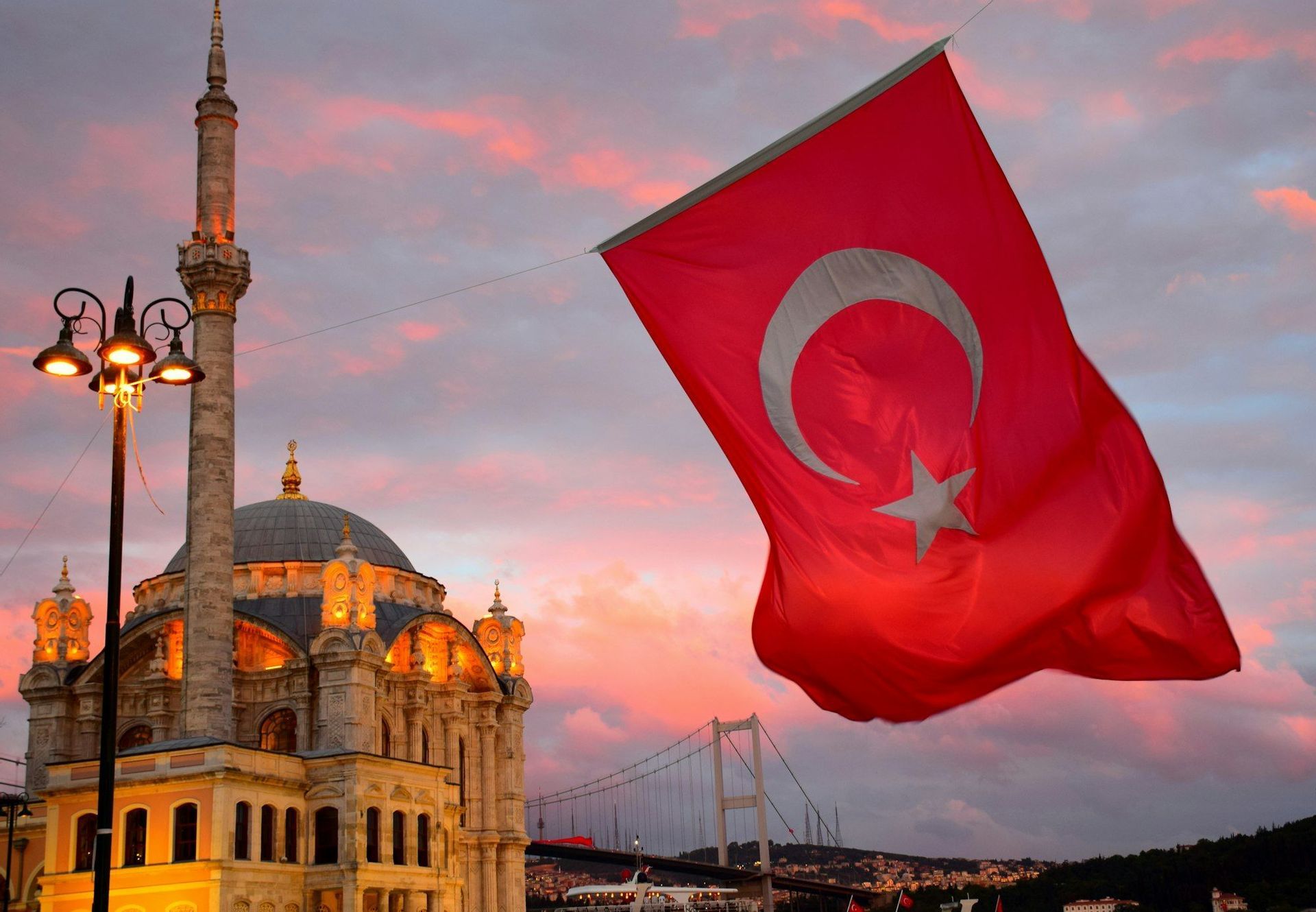
Group trips to Turkey
Our organized trips to Turkey
Turkey, a land where millennia of history gracefully dances with vibrant modernity, invites you on an unforgettable journey. From the ethereal landscapes of Cappadocia, where hot air balloons paint the sunrise over ancient fairy chimneys, to the bustling, iconic metropolis of Istanbul, effortlessly spanning two continents with its timeless allure and contemporary pulse. Discover the grandeur of ancient civilisations at sites like Ephesus, where Roman streets still whisper tales of bygone eras. This country, brimming with exquisite flavours, breathtaking natural beauty, and profound cultural depth, truly captivates discerning travelers and adventurers eager to uncover its boundless wonders.
FAQs about Turkey
If you are a UK citizen, to find out the entry requirements for Turkey, you can check this informational page from our partner Sherpa. If you need a visa, you can apply for it through Sherpa. If you are not a UK citizen, you can still use Sherpa by changing the nationality in the 'Passport' section.
Before traveling, always remember to check the government website of your country of origin for updates on the entry requirements for Turkey – you wouldn’t want to stay home due to a bureaucratic detail!
- UK residents: review the FCDO Travel Advice.
- US residents: consult the US Department of State Travel Advice.
- Other residents: refer to your government or local consulate's travel advice.
Turkey operates on Turkey Time (TRT), which is UTC+3 year-round as they do not observe daylight saving time. If it is 12pm in the UK, it will be 3pm in Turkey. In the USA, the difference depends on the time zone. For example, if it is 12pm Eastern Standard Time (EST), it will be 8pm in Turkey.
Turkey uses the Turkish Lira (TRY). The exchange rate can fluctuate, but as a rough guide:
- 1 GBP is around 35 TRY
- 1 USD is about 27 TRY
- 1 EUR is approximately 29 TRY
You can exchange currency at banks, currency exchange offices, and some hotels. Always check for the best rates and any transaction fees before exchanging your money.
In Turkey, you can pay using credit cards, debit cards, and cash. Credit cards like Visa and MasterCard are widely accepted in hotels, restaurants, and shops. However, it's a good idea to carry some cash for smaller vendors or markets. ATMs are plentiful in cities and towns, allowing you to withdraw Turkish Lira directly. Remember to notify your bank about your travel plans to avoid any issues with card transactions.
Tipping in Turkey is appreciated and quite common, though not obligatory. In restaurants, leaving a tip of about 5 to 10 percent of the bill is customary. For taxi drivers, rounding up to the nearest whole number is polite. In hotels, you might give a small tip to porters or housekeeping staff. Always tip in cash directly to the person you wish to thank.
In Turkey, buying a local SIM card or an e-SIM data plan is a great idea for staying connected. Major providers like Turkcell, Vodafone Turkey, and Türk Telekom offer good coverage and affordable plans. Wi-Fi is widely available in hotels, cafes, and restaurants, but having a SIM card ensures you stay connected on the go. It's especially convenient for navigation and instant messaging while traveling around the country.
In Turkey, the official language is Turkish. While traveling, you might hear or use some everyday expressions. Here are a few useful ones:
- Hello: Merhaba
- Thank you: Teşekkür ederim
- Please: Lütfen
- Yes: Evet
- No: Hayır
English is also spoken in tourist areas, but learning a few Turkish phrases can enhance your experience.
In Turkey, you will find Type C and Type F plugs, which are two round pins. The voltage is 230V with a frequency of 50Hz. If your devices aren't compatible with these plugs, we suggest you bring a universal adapter to ensure you can charge your electronics without any hassle. This way, you can keep all your gadgets functional during your travels.
In Turkey, the main religion is Islam, with the majority of the population being Sunni Muslims. If you are visiting, keep in mind that during important religious holidays like Ramadan and Eid, many businesses might have reduced hours or be closed. For women, especially when visiting mosques or religious sites, we recommend you dress modestly, covering shoulders and knees, and wear a headscarf.
Packing for Turkey can be exciting as the country offers a mix of vibrant cities, beautiful beaches, and stunning landscapes. Here's a breakdown of what to put in your backpack:
-
Clothing:
- Lightweight tops
- T-shirts
- Long pants
- Modest clothing for visiting mosques
- Light jacket or sweater for cooler evenings
-
Shoes:
- Comfortable walking shoes
- Sandals
- Flip-flops for the beach
-
Accessories and Technology:
- Sunglasses
- Hat
- Power bank
- Camera
- Universal adapter
-
Toiletries and Medication:
- Travel-size shampoo and conditioner
- Toothbrush and toothpaste
- Sunscreen
- Lip balm
- Basic first aid kit
- Pain relievers like ibuprofen or paracetamol
- Motion sickness tablets if needed
This list should help you enjoy the diverse experiences Turkey has to offer without carrying too much.
Turkey's weather varies significantly depending on the region and season. Here's a quick breakdown:
- Istanbul and Western Turkey: Mild winters and hot, humid summers. Best visited in spring (April to June) or autumn (September to November) for comfortable temperatures.
- Central Turkey (Anatolia): Experiences cold, snowy winters and hot, dry summers. Spring and autumn are ideal for visiting.
- Mediterranean and Aegean Coasts: Mild, rainy winters and hot, dry summers. Perfect for beachgoers in the summer months.
- Eastern Turkey: Cold, harsh winters with snow and mild summers. Summer is the best time to visit this region.
Keep in mind the best time to visit Turkey is generally in the spring and autumn for pleasant weather across most regions.
